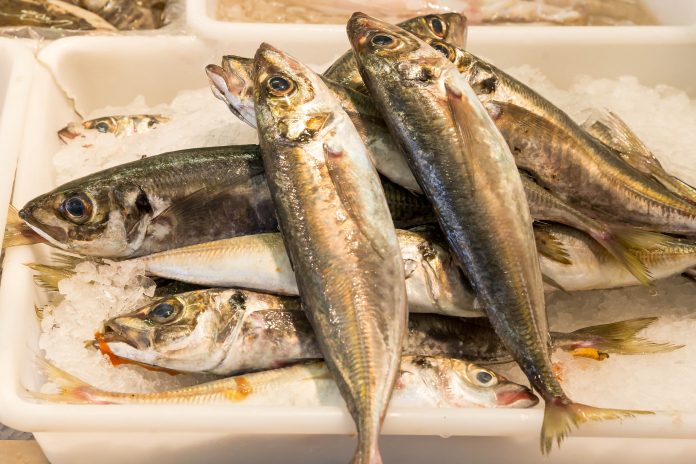Many fish species are struggling in the North Sea. Cod, for instance, has dropped 47% since last year, according to the International Council for the Exploration of the Sea (ICES).
In a recent report, ICES warns that North Sea management has led in recent years to long-term plans for commercial fish species such as plaice and sole. However, the non-selective fishing methods of bottom trawlers, such as the Dutch fishing fleet, bycatch species are suffering intense pressure.
As quotas rise for the populous commercial fish species, such as plaice and sole, vulnerable fish stocks like North Sea cod and sea bass are hit hard. The landing obligation, aimed at eliminating wasteful discards at sea, can and must be implemented to ensure these unwanted bycatch species are protected, according to ICES’s June 29 report.
“Over 20% of the catches of North Sea cod are estimated to be unwanted undersized baby cod. We cannot continue to waste our precious public fish resources like this,” said Rebecca Hubbard, the programme director of the group Our Fish. “The landing obligation was meant to end this waste – it’s time for effective monitoring and enforcement, using remote electronic monitoring, to ensure these rules are complied with.”
Sea bass is also heavily threatened and this stock shows no signs of recovery. Here too, the cause is that there is too little baby sea bass.
The European Union’s Common Fisheries Policy obliges all member states to end overfishing by 2020 for all fish stocks subject to fishing quotas.
“The EU can only achieve an end to overfishing if all fisheries ministers follow scientific advice when setting fishing limits, and urgently begin a real transition to more selective fishing methods. Only this way, can we ensure that all fish populations, including vulnerable bycatch species, rebuild to healthy levels, and Europe ends it’s addiction to overfishing,” said Hubbard.

